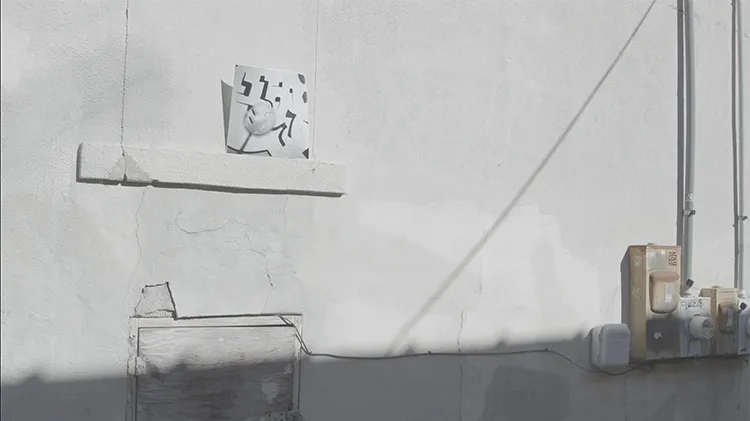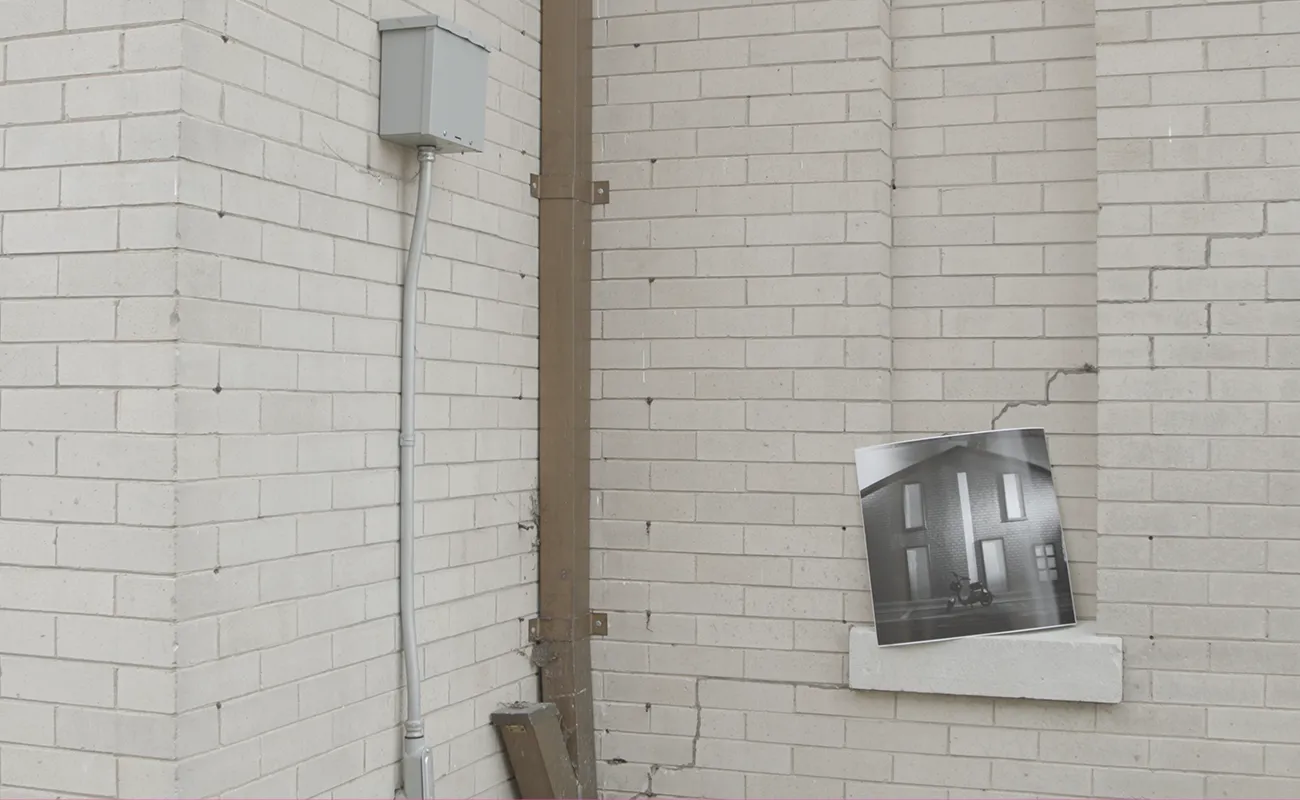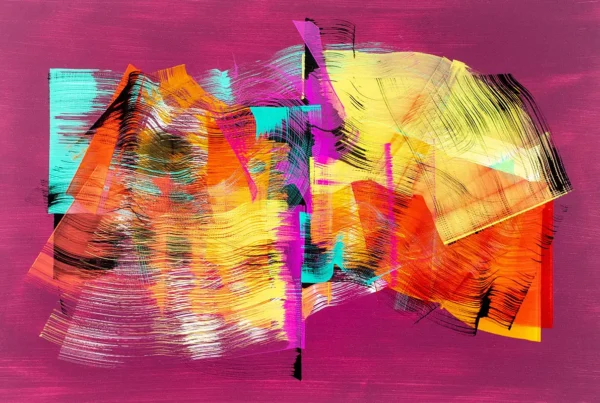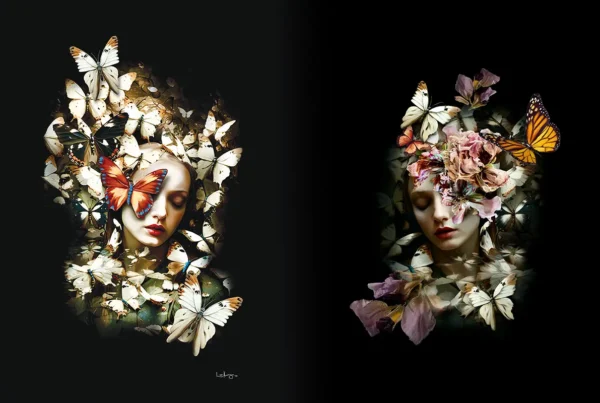“I don’t believe in objectivity in documentary work… I explore the fluid boundaries between fiction and non-fiction, using moving images and still photography to capture the nuances of memory and the fleeting nature of human perception.”
Tianming Zhou: Framing Memory Through the Lens of Exile and Fragmentation
From the heart of Mainland China to the urban sprawl of Hong Kong, Tianming Zhou‘s journey as a filmmaker and photographer has been marked by profound dislocation. His work delves deeply into the intersections of mental health, urban development, memory, and destruction—an interplay of personal narratives intertwined with collective histories. Born into a family of art educators, Tianming’s early exposure to literary creation set the foundation for his artistic endeavors. However, his move to Hong Kong in 2017 was a pivotal moment, where he witnessed the city’s dramatic transformation firsthand.
This experience fueled his desire to move beyond the written word, steering him toward the power of visual storytelling. Street photography became his initial medium, but it wasn’t long before he embraced experimental documentary filmmaking. Over the last seven years, as he traveled through different countries, he found himself grappling with the complexities of identity, language, and memory. These themes became central to his work, which rejects the notion of objectivity in documentary practice. Instead, Tianming explores the fluidity between fiction and reality, using both moving and still images to capture the transient nature of human perception.
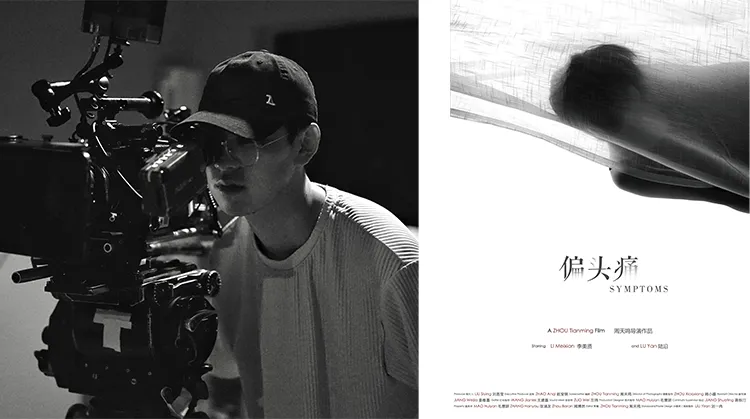
Tianming Zhou: From Documentary Editor to Filmmaking Visionary
Tianming’s transition into professional filmmaking was serendipitous. Initially uncertain of his path, his journey began when he accidentally landed a job as a documentary editor after college. It was during this time that he discovered the transformative potential of cinema—particularly the magic of montage and editing. For Tianming, editing was not just a technical task but an act of creation, where the manipulation of time allowed him to understand the spatial and temporal relationships between real and fictional worlds. This revelation marked the beginning of his confidence as a filmmaker.
Working independently as an editor for both documentary and narrative films, Tianming honed his skills over the years. His collaborations with prominent clients such as China Daily, The Paper, CGTN, and Duke Arts further solidified his expertise in the field. Tianming’s unique ability to construct worlds from raw footage gave him a deep appreciation for the time-based nature of his craft. This perspective not only shaped his work but also fueled his belief in the potential of cinema to blur the lines between reality and fiction, offering audiences a fresh lens through which to experience time and space.
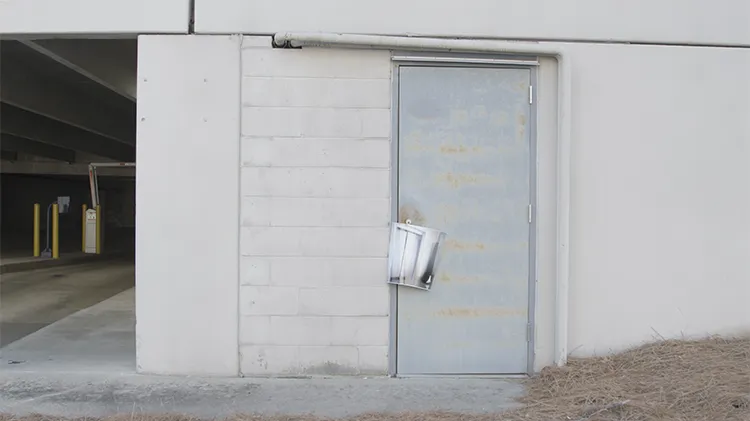
The Fluid Boundaries of Fiction and Non-Fiction
Tianming’s artistic style is rooted in his belief that objectivity in documentary work is impossible. This conviction permeates his creative practice, where he pushes the boundaries between fiction and non-fiction. His work is raw, analog in its aesthetics, and intentionally avoids the polished look of commercialized storytelling. Through a blend of languages, sounds, and images, he constructs personal narratives that evoke the impermanence of human experience. For Tianming, this authenticity emerges not from an adherence to realism, but from the unvarnished emotional texture he captures in his films and photographs.
He views his creative process as a liminal space, a threshold between the real and the imagined, where viewers are invited to immerse themselves in a first-person experience. This space allows him to address broader themes like memory and perception, while also deconstructing the idea of storytelling itself. The interplay of different media—whether moving images, still photography, or sound—becomes a tool for Tianming to convey the fleeting nature of reality. This exploration of the intersection between language and visuals makes his work a compelling investigation into the very nature of truth and fiction in art.
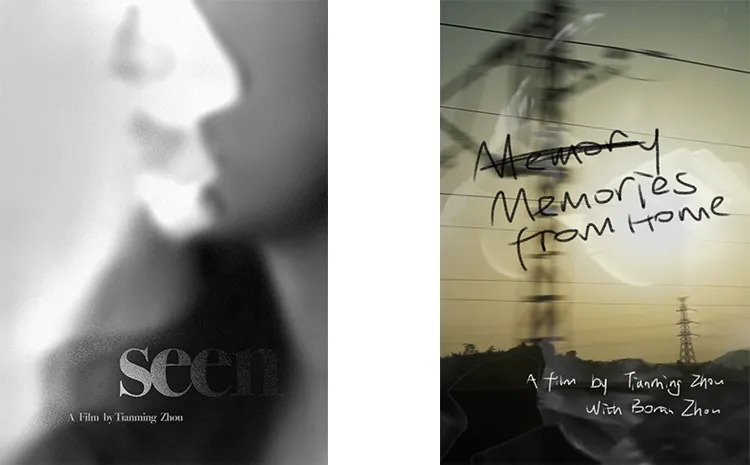
Tianming Zhou: A Cinematic Encounter with Godard
Among Tianming’s many artistic influences, one filmmaker left a profound impact on his approach to cinema—Jean-Luc Godard. His introduction to Godard’s work came during his undergraduate studies, a time when he was just beginning to navigate the world of cinema. The experience was challenging; Godard’s “Notre Musique” was not an easy watch for a budding filmmaker. Tianming found it difficult to connect with much of the film, particularly the second and third chapters. However, the first section, which focused on hell and used found footage of war, violence, and destruction, struck a deep chord.
Godard’s use of montage and his ability to depict the annihilation of the image through juxtaposition was a revelation for Tianming. This exploration of destruction was reawakened years later when Tianming watched Godard’s “The Image Book.” In this film, Godard’s technique of oversaturation, sound detachment, and erratic montage showcased the filmmaker’s rejection of the traditional camera-eye, as well as the idea that a director must be present to witness events. This approach resonated with Tianming, inspiring him to consider the power of an image as an entity in itself, untethered to narrative or witness, opening new avenues for his own work.
